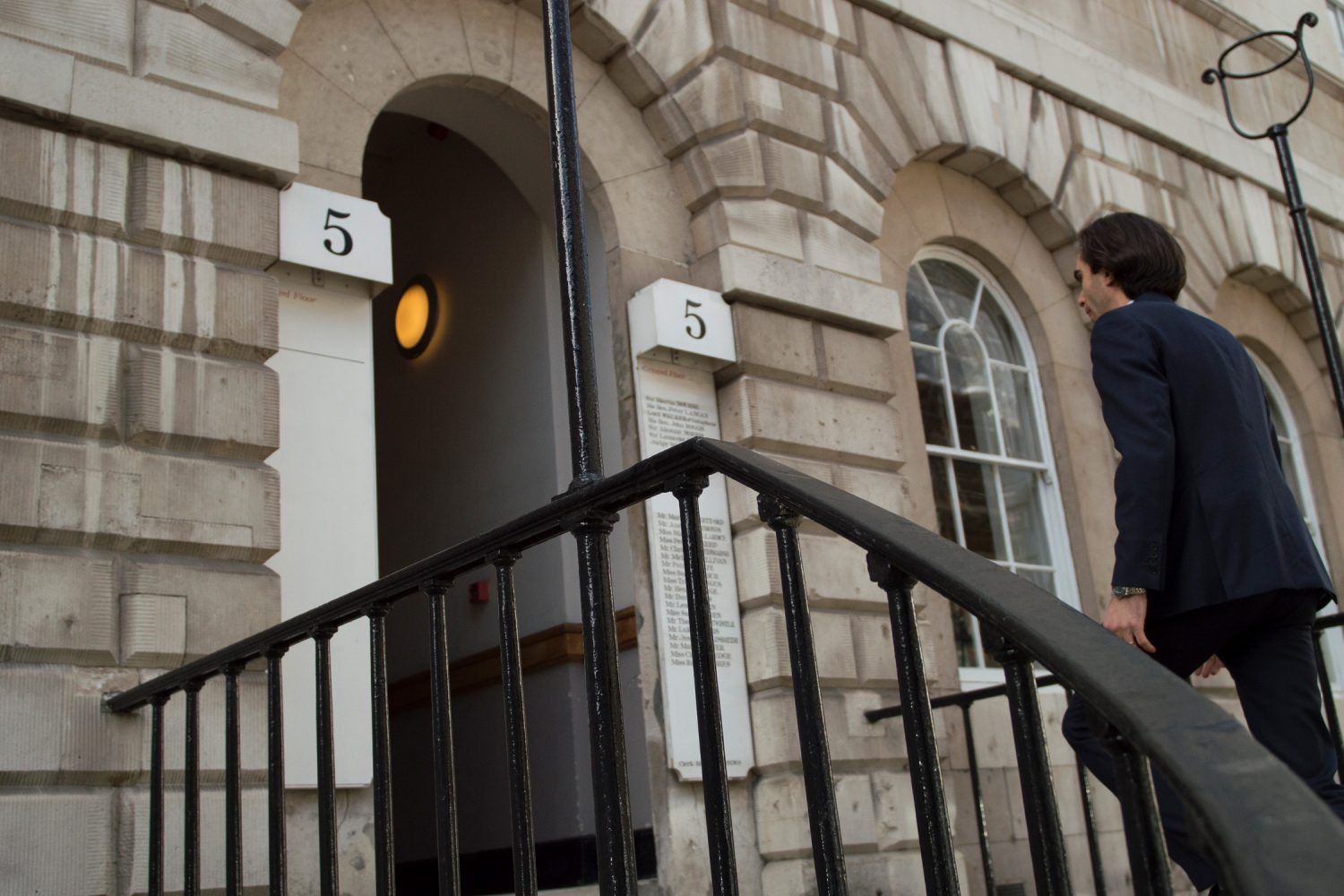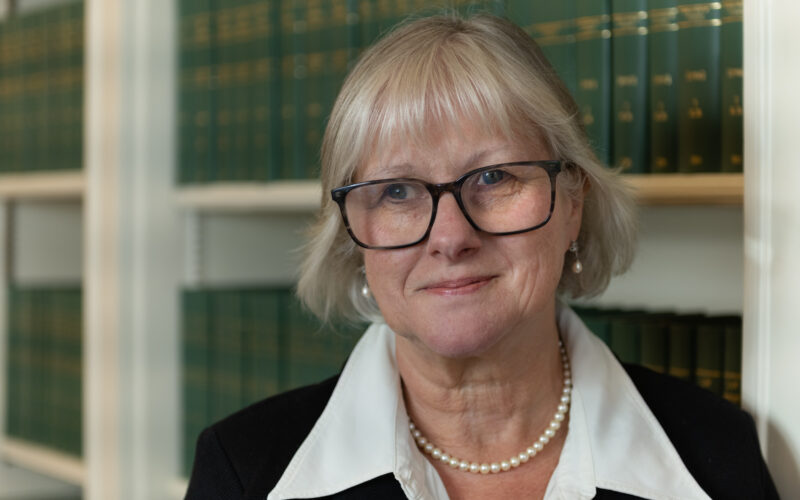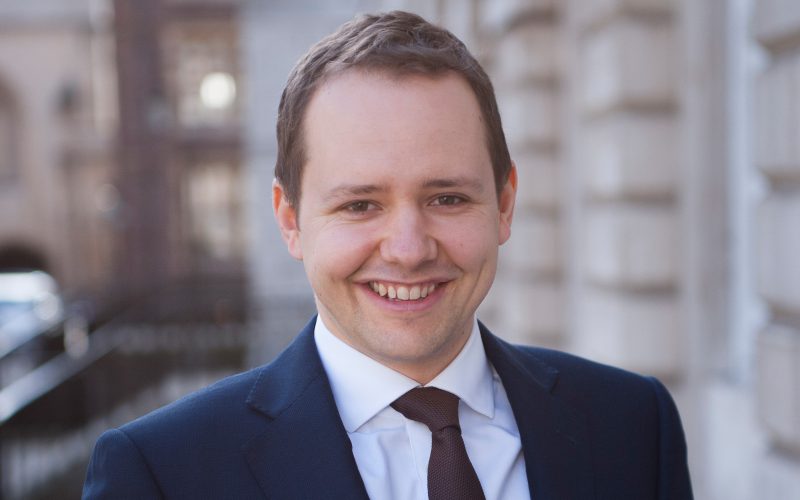Penelope Reed QC and William East successfully defend widow’s claim under Inheritance Act in Wooldridge v Wooldridge
Central London County Court has today dismissed in its entirety a claim brought by Thandi Wooldridge for further financial provision from the estate of her late husband, Ian Wooldridge, ruling in favour of Mr Wooldridge’s sons, Charlie and Rhett Wooldridge. This landmark ruling is the believed to be the first time that a claim by a widow under the Inheritance (Provision for Family and Dependants) Act 1975 (‘the 1975 Act’) has been dismissed without any further financial provision being awarded out of the estate.
The Proceedings
Ian Wooldridge was a successful businessman in the construction industry, who established the Wooldridge Group with his brother Graham in 1978. In addition to the company, Graham and Ian also set up the Twelve Oaks Partnership in 1994, which provides polo facilities from a 140-acre estate in Windlesham, Surrey.
On 23 October 2010, Mr Wooldridge sadly died aged 52 in a helicopter accident on his way back from a shooting trip. He left behind his wife Thandi, who he had married in 1999, and their son Rhett Wooldridge, aged 6 at the time of his death, as well as his son Charlie Wooldridge (then 22) by a previous relationship.
Mr Wooldridge left a homemade will which gave to Thandi the matrimonial home at Glanfield Manor (valued at £2.1m at the date of Mr Wooldridge’s death but worth some £4 – £4.25m by August 2015) and the benefit of several life assurance policies he had taken out worth some £1.6m.
Under the will, Mr Wooldridge divided his business interests in the Wooldridge Group’s parent company Panther (1919) Ltd (‘Panther’) and the Twelve Oaks Partnership between Charlie and Rhett. He also gave significant sums arising from further life assurance policies to Panther.
Following Mr Wooldridge’s death, Thandi, Charlie and Rhett brought a claim in Northern Ireland in relation to the helicopter crash under which they received £1.985m, £315,000 and £200,000 respectively to compensate for their financial dependency on Mr Wooldridge.
On 20 August 2012, Thandi commenced a claim under the 1975 Act for further financial provision from Mr Wooldridge’s estate. She claimed that her existing assets and entitlement under the will were not sufficient to meet the standard of living which she and Mr Wooldridge had enjoyed prior to his death. She stated in her evidence that she had a budget for expenditure of some £372,097 per annum, including £65,000 for holidays and £21,500 on going out.
The claim was defended by Charlie on the basis that Thandi’s budget was unrealistic and not matched by what she was actually spending, that she already had sufficient financial assets to meet her needs, and that ordering further financial provision by breaking up Panther or the Twelve Oaks Partnership would be detrimental to his future. Addleshaw Goddard LLP acted for Charlie at the trial together with Penelope Reed QC and William East as Counsel. Rhett was separately represented.
The Judgment
The Judge, Her Honour Judge Walden-Smith, noted that the budget put forward by Thandi had increased as the case had gone on and was not matched by what Thandi was actually spending. The budget read more like a wish list than an actual accurate assessment of her needs. Her actual expenditure showed a degree of profligacy, including the purchase of a Bentley for £155,000, the investment of money in speculative business ventures and some £92,000 lent in potentially unrecoverable personal loans.
The court held that assets which had been paid to Rhett from life assurance taken out for him by Mr Wooldridge and from the fatal accidents claim should be used to pay for Rhett’s upbringing but that this was not being done by Thandi. The court also held that Thandi had assets of some £10.5m to her name, including assets of nearly £5.3m which could be invested to produce an income for her. These assets were not being invested to produce the maximum income possible. Contrary to the case made by her at trial, Thandi also had significant earning potential as a skilled businesswoman in the area of outdoor advertising, who had previously received approximately £1m from the sale of her interest in an advertising company.
The court held that the size of the estate was not sufficient to support Thandi’s claim, and that any increase in provision for Thandi would likely result in the assets of the Twelve Oaks Partnership being sold off. The court held that this would be contrary to the best interests of Charlie and Rhett. The court concluded overall that Thandi already had enough to satisfy her reasonable financial needs.



